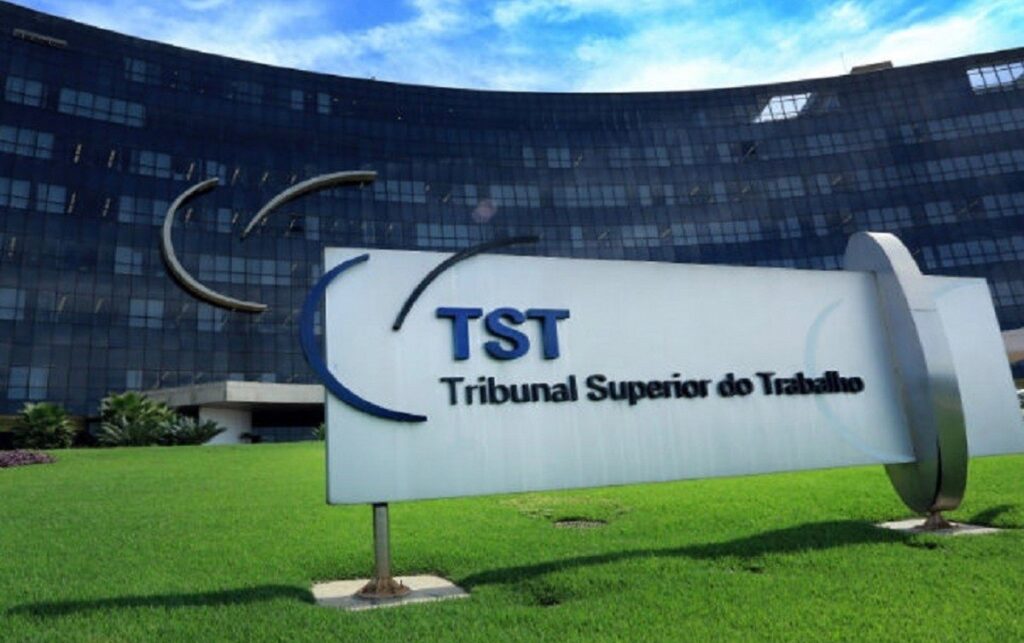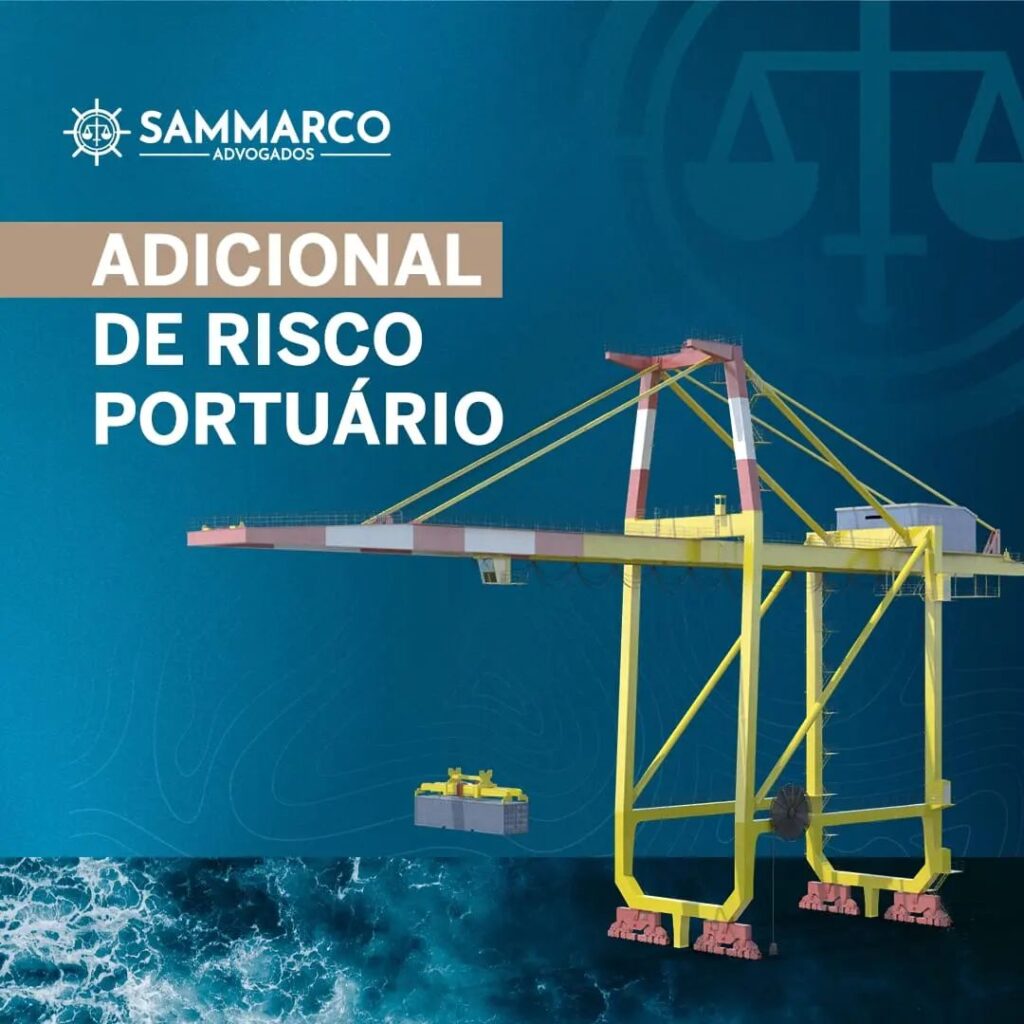On April 3, 2024, the Federal Court of Accounts (TCU) issued Ruling No. 622/2024, aimed at assessing the impacts of the Avulso Worker Labor Management Agency (OGMO) in the port sector.
It is worth noting that labor in the port sector has been the subject of lengthy debates and disputes due to its specific characteristics.
The report aimed to understand the organization and operation of OGMO, as well as to verify the consequences of the exclusive hiring, for an indefinite period, of the casual port worker, and how this affects the competitiveness of organized ports in terms of costs and quality of labor.
The ruling addresses various relevant issues, ranging from the efficiency of the rotation system, through the question of the (im)possibility of canceling registrations due to the application of penalties – due to the existence of the parity committee – to the role of OGMO as it was conceived over 30 years ago and whether it remains relevant today, in contrast to other ports worldwide.
Among the recommendations listed by the TCU ministers, we highlight item 9.1.2 “replace the exclusivity provided for in article 40, paragraph 2, of Law 12,815/2013 with priority.”
Article 40, paragraph 2, of Law 12,815/2013, defines that, in organized ports, the hiring of port workers for cargo handling, block, stowage, cargo checking, cargo repair, and vessel surveillance with an indefinite employment contract will be exclusively among casual port workers registered with OGMO, establishing, therefore, a legal restriction, where both the hiring of workers with a contract and casual workers must occur only among personnel qualified with OGMO, except for terminals for private use, where it is optional.
There is thus a dual exclusivity related to port labor in organized ports: one from OGMO, which must exclusively maintain the registration of the port worker and the registration of the casual port worker (article 32, item II of Law 12,815/2013); and another from registered workers, who are the only ones who can fill regular job vacancies, that is, if there are no registered workers interested in indefinite job vacancies, it will not be filled, as the terminal cannot hire workers outside the OGMO system (article 40, paragraph 2, of Law 12,815/2013).
TCU ministers also emphasized that the application of the Defeasibility Theory is being discussed in port law regarding exclusivity in relation to priority, so that the effects of exclusivity are set aside, since the current rule “prevents port operating companies from hiring workers from the occupations provided for in the legal provision with an indefinite employment contract who are not registered with OGMO, even if these workers are not interested in regular job vacancies.”
Ministers argue that the market reserve created by exclusivity gives a privilege to this specific category of workers, since it prevents those who have the technical and physical capacity to perform port work but cannot be hired because they do not have registration with OGMO.
Based on the data collected, TCU Ministers recommended that the Ministry of Ports and Airports evaluate the convenience and opportunity to submit a bill to the National Congress to amend Law 12,815/2013 regarding the hiring of port workers by priority and not by the criterion of exclusivity.
In addition to the issue of exclusivity versus priority, other sensitive points of attention of the TCU were:
- Allowing port operators to determine the size and composition of the teams needed to carry out their activity. The current law establishes nothing regarding the “minimum” team and, currently, collective agreements lose their effectiveness after two years. Thus, teams can be established by companies. What happens, in large part, is the pressure from unions to maintain an unnecessary team, with threats of a strike if the minimum number of men is not guaranteed – even if more than half remain literally idle during the operation – and the lack of knowledge of Labor Courts, which ends up deciding to maintain the status quo, under the pretext of valuing work.
- Abolishing the review, by the parity committee, of penalties imposed by OGMO. The parity committee – as the name suggests – is formed in equal numbers by representatives of operators and unions. Penalties imposed by OGMO can be reviewed by the parity committee, and in some cases, the decision of the appeal ends in a tie and the penalty is revoked or sent to an arbitrator. Consequently, the worker has a greater chance of remaining on the roster, even if he has received several port occurrence reports (denomination of penalties imposed).
- Abolishing OGMO and port operators’ solidarity regarding due compensation and compensation for work accidents. These points are quite delicate both because joint liability for work accidents is provided for by law, especially when it comes to work performed in a risk area (regarding the classification of CNAE) and because OGMO is non-profit. The intention of the request is of utmost importance: the fact is that many operators leave the activity and, with it, a liability that will be shared among the port operators still active – since OGMO does not even have a profit motive. That is: the port operator pays for the risk. This joint responsibility and OGMO’s involvement in actions it did not cause also mean that TUPs are not interested in requesting casual workers from the Agency because, in other cases, they could become “jointly responsible” for debts of port operators – through sideways, like funds created by OGMOs to meet the liability.
Source: TCU.








